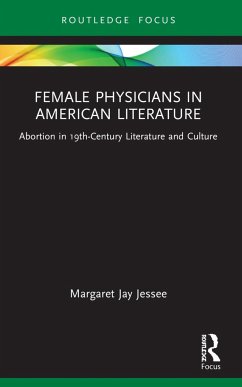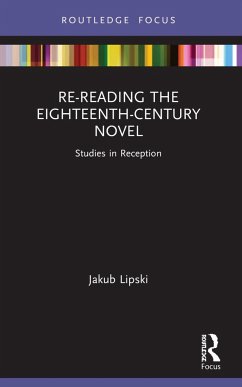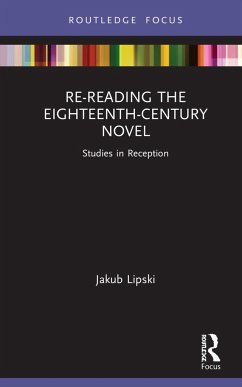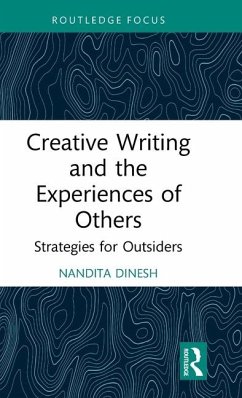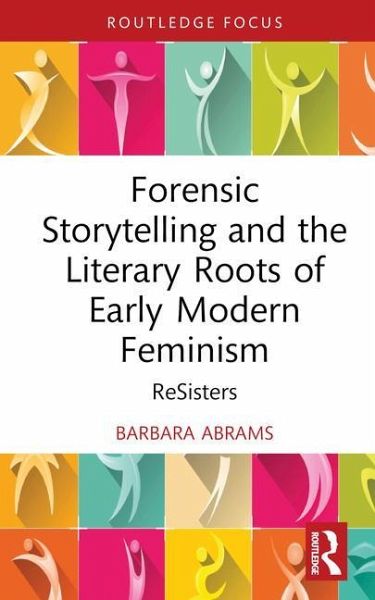
Forensic Storytelling and the Literary Roots of Early Modern Feminism
ReSisters
Versandkostenfrei!
Versandfertig in 6-10 Tagen
56,99 €
inkl. MwSt.
Weitere Ausgaben:

PAYBACK Punkte
28 °P sammeln!
The writing of letters and the rise of the novel provided a way for some women to express themselves at a time when the all-male French Academy defined the very parameters of French literary acceptability and tradition. Women who were consigned to convents, workhouses or prisons were in most respects deprived of agency, yet many found ways to respond to the legal documents served against them. The letters and associated materials preserved in their legal files provide evidence that these women did not remain quiet, as they found means to resist authority. The forensic storytelling examined in ...
The writing of letters and the rise of the novel provided a way for some women to express themselves at a time when the all-male French Academy defined the very parameters of French literary acceptability and tradition. Women who were consigned to convents, workhouses or prisons were in most respects deprived of agency, yet many found ways to respond to the legal documents served against them. The letters and associated materials preserved in their legal files provide evidence that these women did not remain quiet, as they found means to resist authority. The forensic storytelling examined in this book supports the conclusion that the documents written in these constrained circumstances have both historical and literary merit and form the core of an understudied genre of literature.






